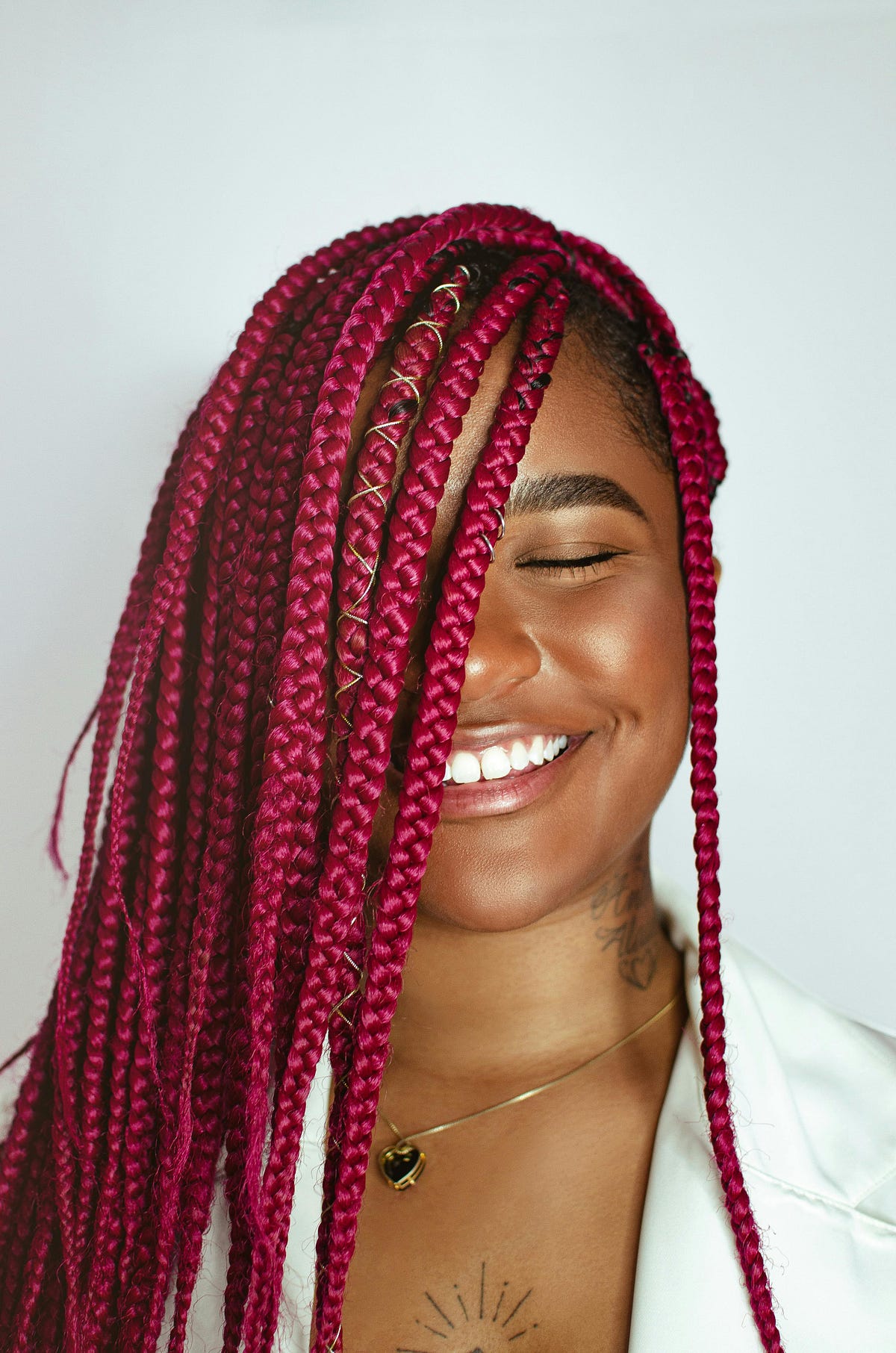Photographer's Unethical Editing of Black Woman's Facial Features Highlights Racial Bias in Beauty Standards
The article discusses the problematic practice of photographers editing the facial features of Black women to make them appear more Eurocentric. The author recounts an experience where a photographer edited her friend Keisha's photos, changing her broad nose to a thinner one, despite Keisha's request for "light editing."
The author argues that this is a common issue, as Eurocentric features like a slender nose, light skin, and straight hair are often treated as the "gold standard" of beauty in society. As a result, any features that differ from this Eurocentric ideal, such as the pronounced Afrocentric features of Keisha, are scrutinized and seen as less desirable.
The author emphasizes that this practice is hurtful and perpetuates anti-Black racism, as it sends the message that Black women's natural features are not good enough. The article highlights the need to challenge these biased beauty standards and celebrate the diversity of human features.
Zusammenfassung anpassen
Mit KI umschreiben
Zitate generieren
Quelle übersetzen
In eine andere Sprache
Mindmap erstellen
aus dem Quellinhalt
Quelle besuchen
allyfromnola.medium.com
Thin Nose. Thick Nose. Why Do These Features Matter?
Wichtige Erkenntnisse aus
by Allison Wilt... um allyfromnola.medium.com 07-19-2024
https://allyfromnola.medium.com/thin-nose-thick-nose-why-do-these-features-matter-2a283e7ffe70
Tiefere Fragen
